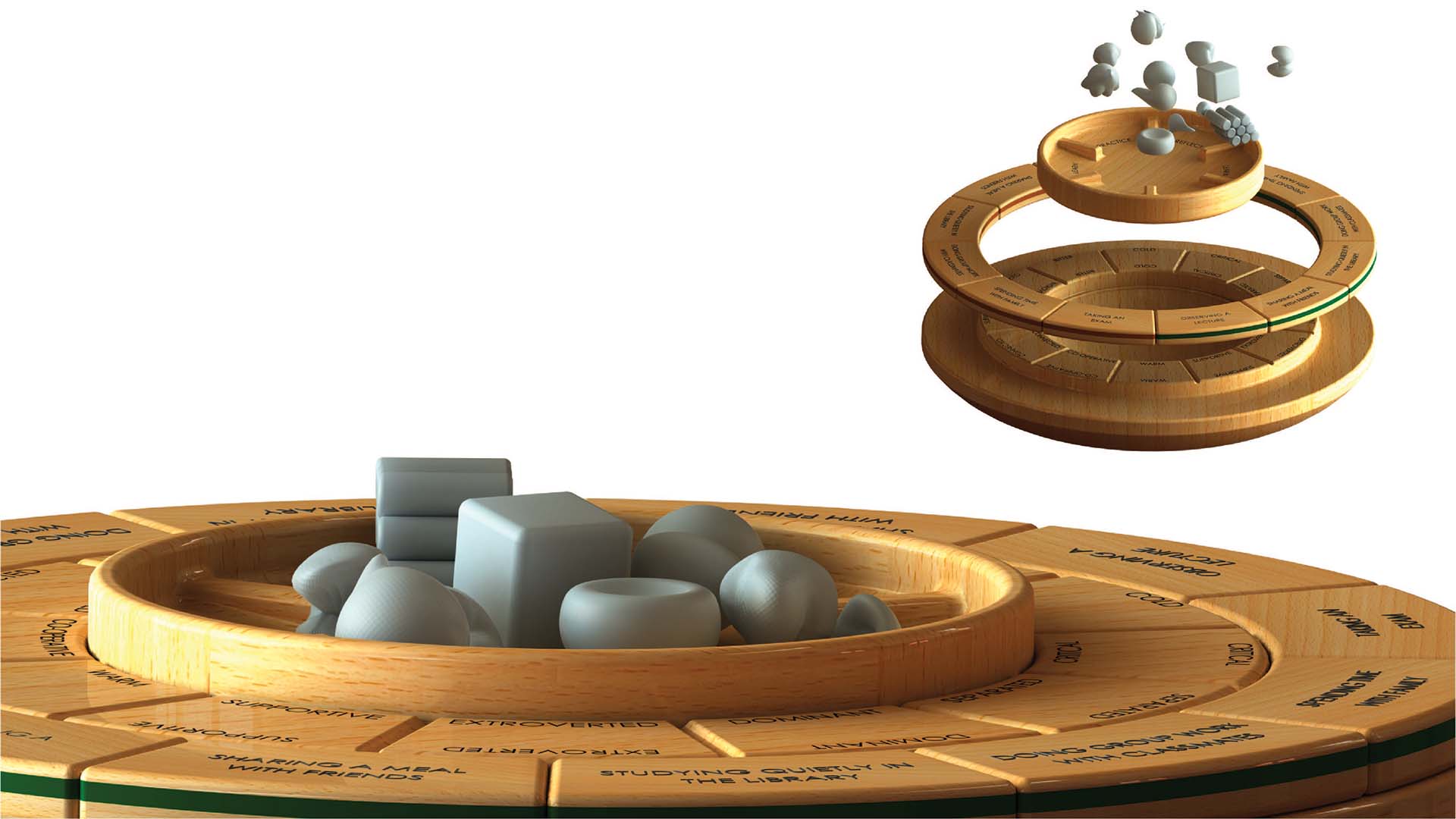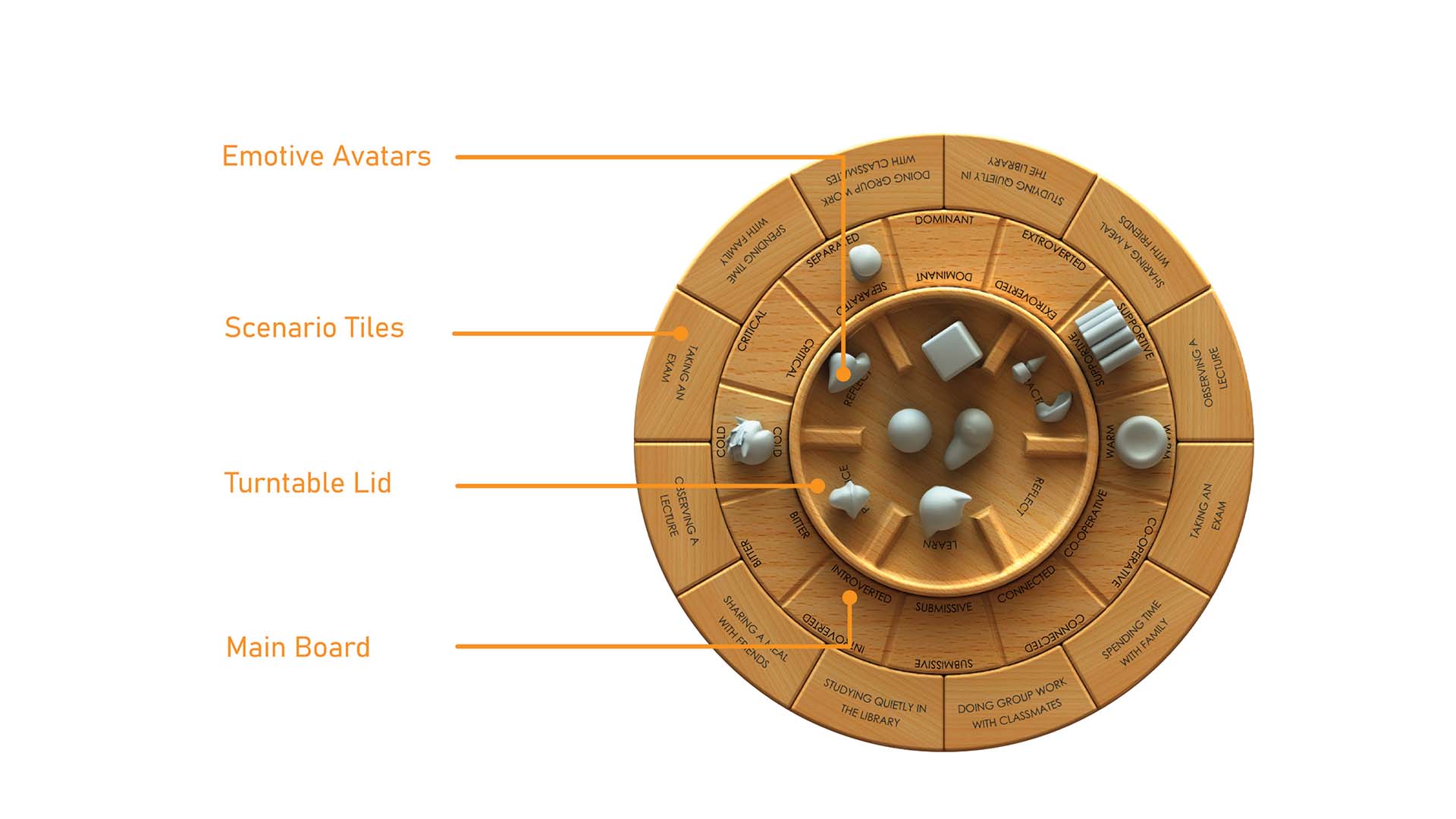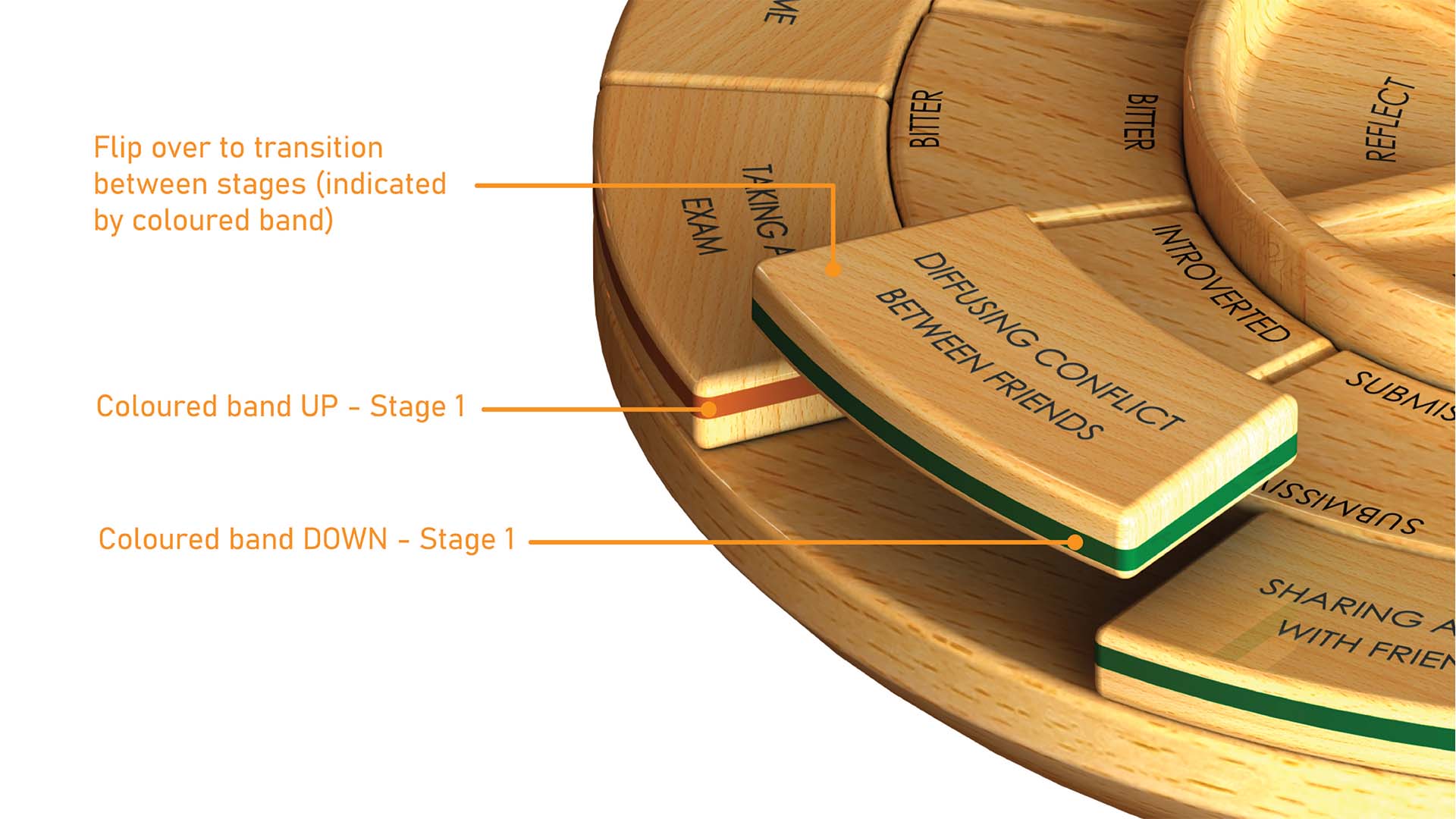

Jordan Williams
Compass

Reframing the therapeutic learning experience
University students suffering from social anxiety are often subjected to loneliness, emotional distress, and diminished self-esteem to the point where achieving their academic, social, and personal goals becomes intensely challenging. Chronic anxiety dangerously threatens the meaningfulness of pursuing tertiary education, a journey that is all about empowering oneself to unlock their individual capacity to succeed.
Many tertiary institutions have therapeutic services which employ Cognitive Behavioural Therapy (CBT). This teaches people how to reframe the way they think, feel, and behave about their own thoughts and emotions, in order to develop a stronger trust and confidence in their own social instincts. However, the way new psychological strategies and techniques are communicated in CBT can be very confronting, difficult to digest, and overwhelming where many times the student would leave feeling more unsure and anxious than when they had arrived.
This project reframes the learning experience for young adults attending CBT by employing interactive and peer-oriented learning approaches to teach new psychological techniques and strategies, creating a more productive and nurturing educational environment.
Compass is a learning toolkit that seeks to reframe how social anxiety therapy is facilitated for young adults at university in order to improve the understanding of new psychological strategies. This product allows experts to break down the communication process into three, smaller, more digestible stages so that information is expressed in much simpler, and more engaging ways.
The first stage is all about identification. Participants will individually reflect on various student-related scenarios in the context of their own perceptions and experiences, all at a mutual pace. Then they capture that particular experience by selecting an emotive avatar and placing it on the corresponding emotion depicted on the board.
The second stage is all about practice. Participants will work together to achieve various hypothetical social objectives as depicted on the flip side of each scenario tile. After discussing as a team what the best course of action will be, each participant selects an emotive avatar to pace over the agreed-upon emotion which best represents the chosen course of action.
The final stage is all about reflection. Participants have the opportunity to reflect on how this activity might have changed the way they think about socialisation, relationships, or the human condition, etc. They can use the emotive avatars and the board to explain and illustrate their learnings.
Compass is capable of being used in various ways and environments to suit the vast needs of participants and facilitators. This activity by no means intends to encapsulate the entire learning experience but does act to begin that journey safely and meaningfully.

